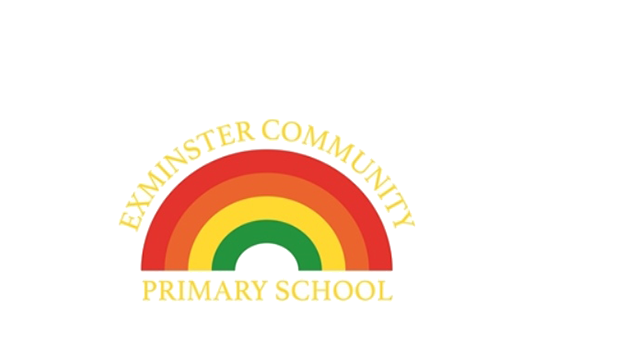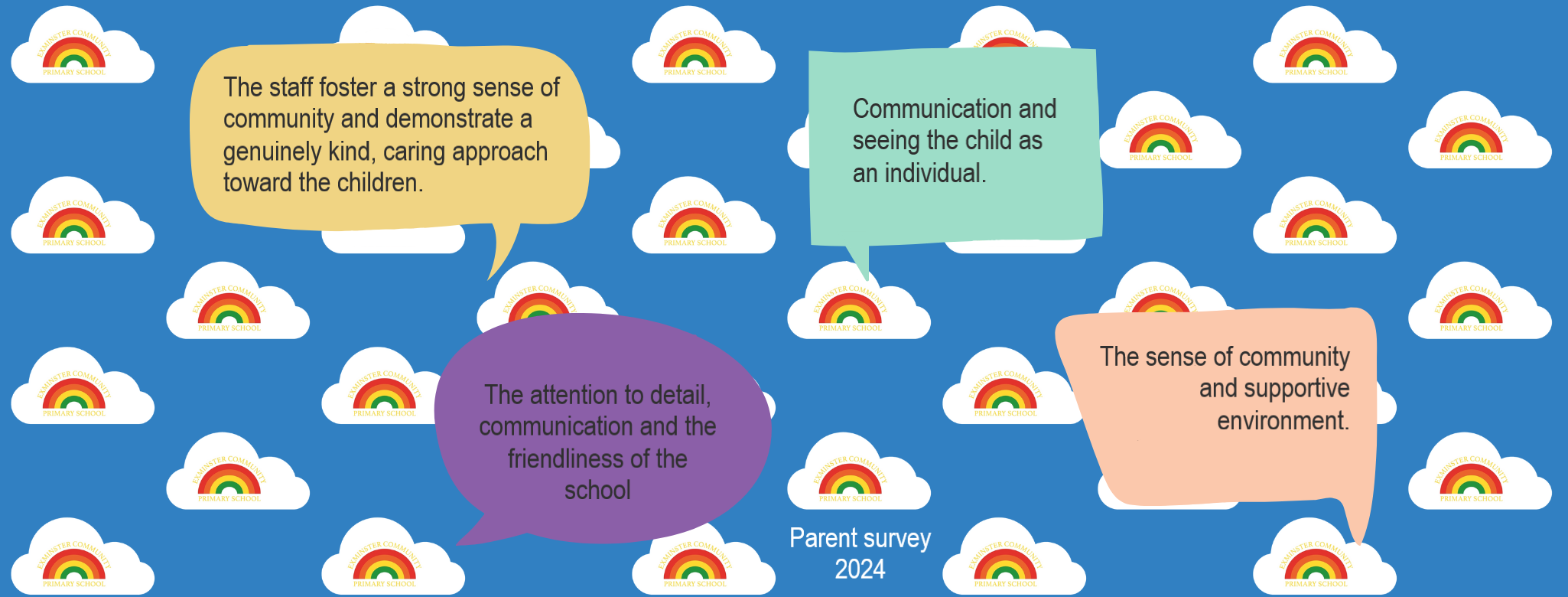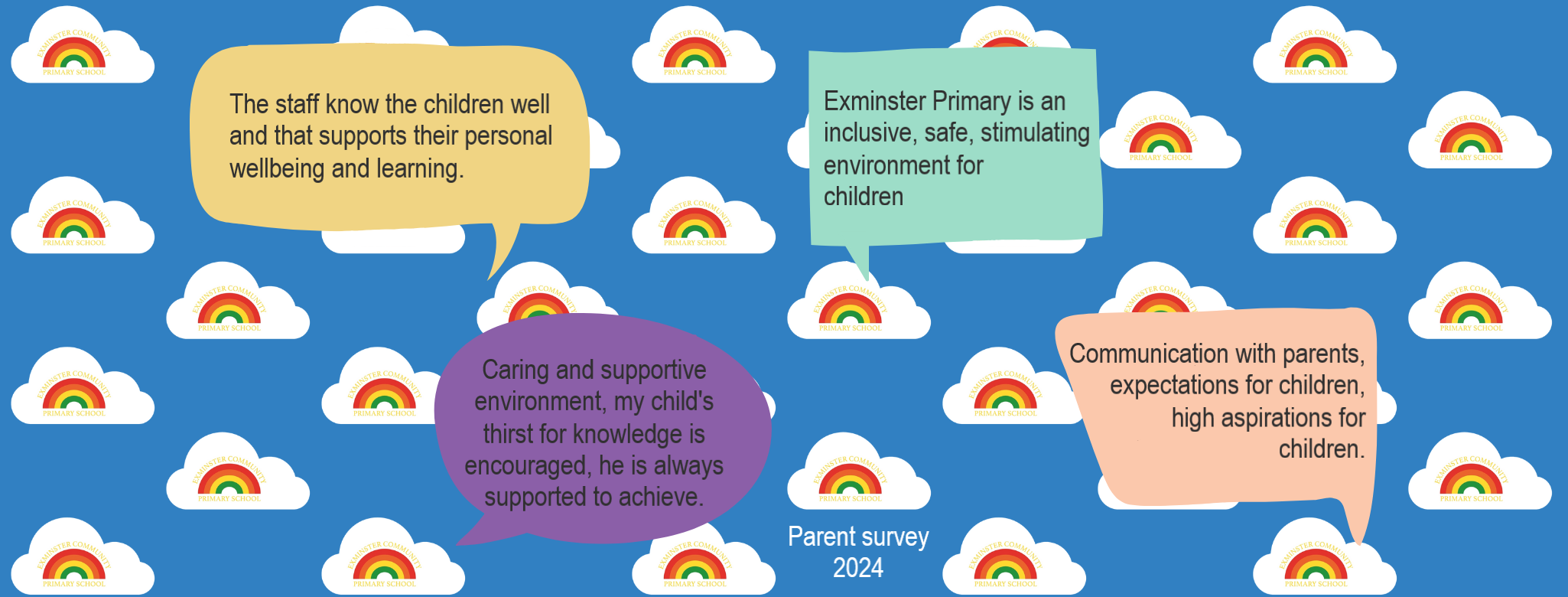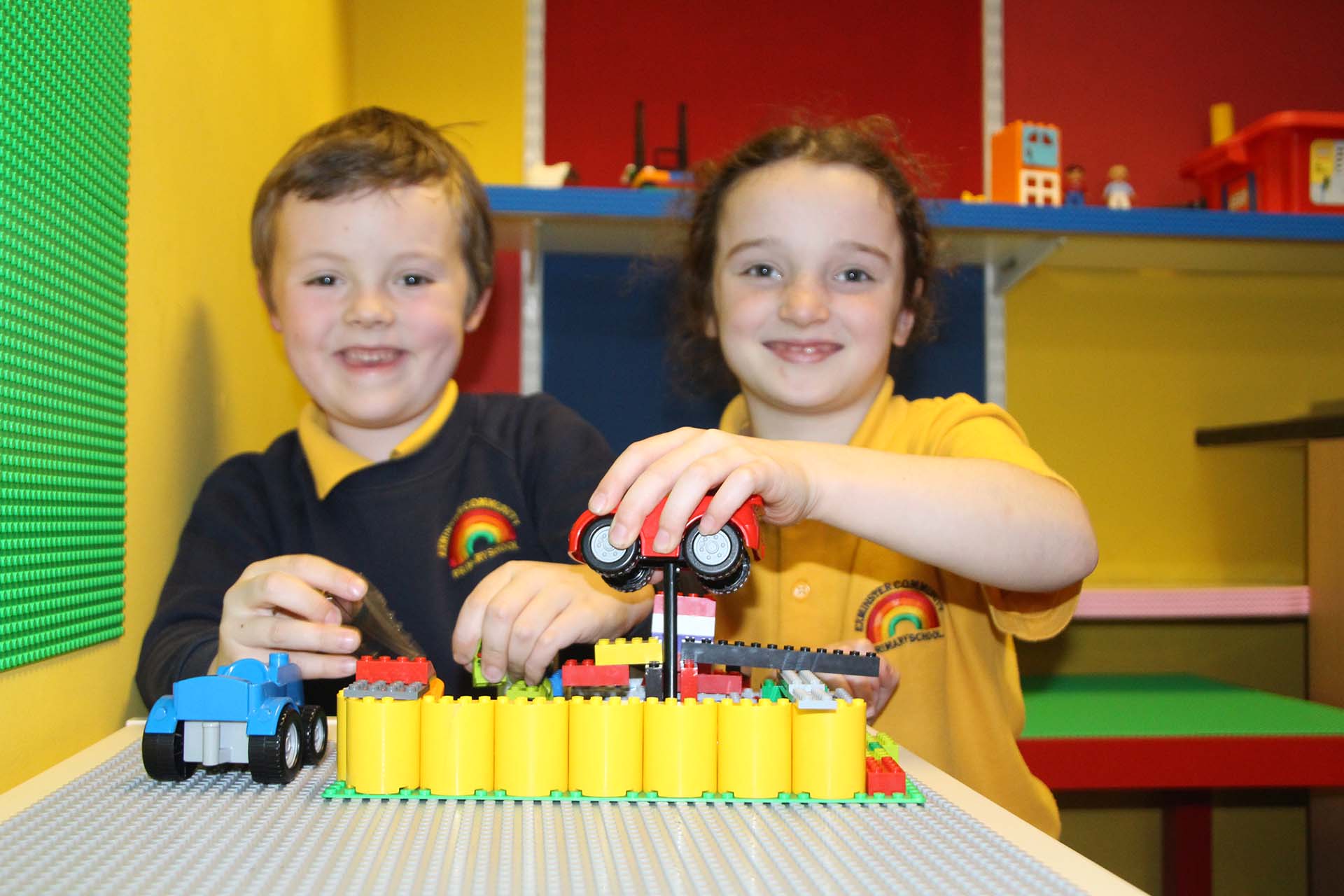In 2013 the Government announced its plans for major changes to the National Curriculum. These changes will take effect from September 2014, but children in Years 2 and 6 will follow the existing programmes of study in English, maths and science this academic year as this will be the content of their SATs tests.
The tabs under ‘Our Curriculum’ will allow you to explore the curriculum for each year group.
The table below summarises the main changes in the core subjects covered by the National Curriculum.
|
Subject
|
What’s new?
|
|
English
|
- Stronger emphasis on vocabulary development, grammar, punctuation and spelling (for example, the use of commas and apostrophes will be taught in KS1)
- Handwriting – not currently assessed under the national curriculum – is expected to be fluent, legible and speedy. We are introducing a new whole school cursive style from Reception to Year 6.
- Reading – there is a greater emphasis on reading and reading for enjoyment
- Spoken English has a greater emphasis, with children to be taught debating and presenting skills
|
|
Maths
|
- Five-year-olds will be expected to learn to count up to 100 (compared to 20 under the current curriculum) and learn number bonds to 20 (currently up to 10)
- Simple fractions (1/4 and 1/2) will be taught from KS1, and by the end of primary school, children should be able to convert decimal fractions to simple fractions (e.g. 0.375 = 3/8)
- By the age of nine, children will be expected to know times tables up to 12x12 (currently 10x10 by the end of primary school)
- Calculators will not be introduced until near the end of KS2, to encourage mental arithmetic
|
|
Science
|
- Strong focus on scientific knowledge and language, rather than understanding the nature and methods of science in abstract terms
- Evolution will be taught in primary schools for the first time
- Non-core subjects like caring for animals will be replaced by topics like the human circulatory system
|
|
ICT
|
- Computing replaces Information and Communication Technology (ICT), with a greater focus on programming rather than on operating programs
- From age five, children will learn to write and test simple programs, and to organise, store and retrieve data
- From seven, they will be taught to understand computer networks, including the internet
- Internet safety – currently only taught from 11-16 – will be taught in primary schools
|
If you have any questions at all about the curriculum being taught at Exminster Primary School, please don’t hesitate to come in and talk to your child’s class teacher.






